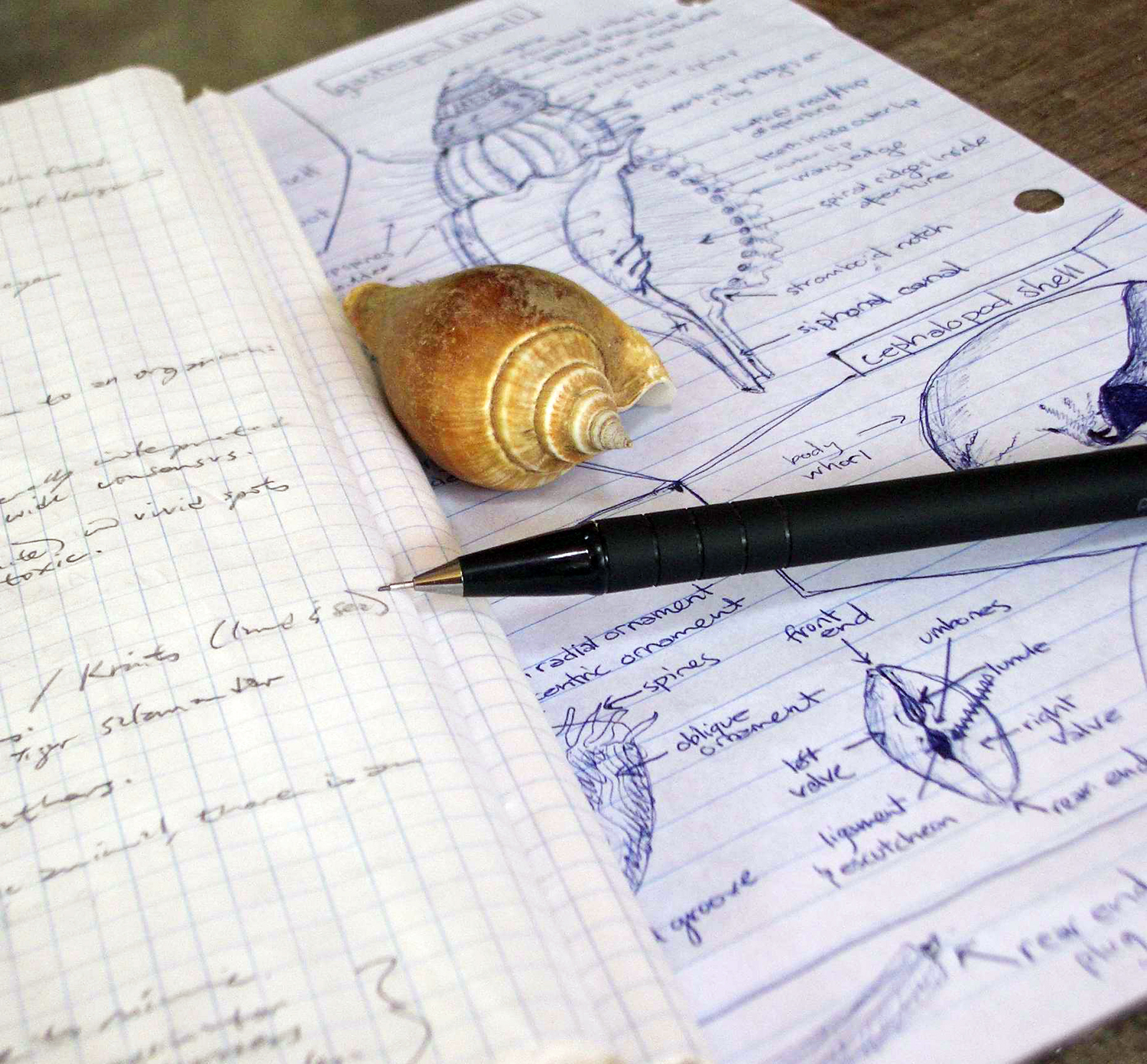Program Details
Location: Bangkok, Thailand
Dates: Winter 2026: January 22—March 6, 2026
Winter 2027: January 20—March 4, 2027
Applications: Accepted on a rolling admission basis
Accommodations: Camping or rural lodge
Credits: 15 quarter credits or 10 semester credits
Language: English instruction
Courses: Environmental Wildlands Studies, Environmental Field Survey, Wildlands Environment and Culture
Prerequisites: One college level course in environmental studies, environmental science, ecology or similar. 18 years of age
Program Costs
Thailand Winter 2026
$ 150 Application Fee
$ 7,500 Program Fee
$ 4,700 In-Country Logistics Fee
$ 2,250 Estimated Airfare and Mandatory Travel Insurance
$ 500 Estimated Food and Personal Expenses
$15,100 Total Estimated Cost
Winter 2026: Program fees due by November 1, 2025
Thailand Winter 2027
$ 150 Application Fee
$ 7,750 Program Fee
$ 4,800 In-Country Logistics Fee
$ 2,250 Estimated Airfare and Mandatory Travel Insurance
$ 500 Estimated Food and Personal Expenses
$15,450 Total Estimated Cost
Winter 2027: Program fees due by November 1, 2026
The Program
Team members of the Thailand program will explore vibrant marine ecosystems and learn about the ecological and evolutionary significance of key species. Moving from Ko Rang on the Eastern border with Cambodia, to Ko Surin in the Andaman Sea, to Ko Adang on the Southern border with Malaysia, we will cover the breadth of coastal Thailand. In each of these locations fringing reefs provide an excellent natural classroom for evolutionary biology and coral reef ecology. On several islands, effective conservation efforts have resulted in fish that are generally larger and more abundant; whereas, on other islands, long-term human impacts have changed the composition of the reef community to one that supports smaller fish and larger, more abundant invertebrates. Our sites span the Pacific and Indian Oceans, showcasing coral reef diversity at this fascinating junction.
Throughout our study sites, we will survey selected coral and fish species. We will conduct transects to compare the health and diversity of reef communities. Our findings will become part of a data series collected over more than ten years. We will leverage this data to compare dynamics over time and space.
Mainland coastal sites are another focus of our program in Maritime Southeast Asia. Trang Bay is a system of river channels that converges to form an estuary amidst towering pinnacles of weathered limestone. Communities of artisanal fishermen practice ecologically sustainable methods for harvesting crabs and fish from the shallow waters of the bay. With its extensive sea-grass beds (essentially, meadows that flourish on the sandy bottom of calm tropical bays where waters are shallow and clear), the area around Trang supports Thailand’s only population of dugongs. These gentle, grazing marine mammals are kin to the Caribbean manatee. In Trang, non-government organizations have been active in promoting coastal conservation and the rights of Indigenous people to control the local fishery. Local people have in turn become ardent dugong conservationists. It is here in Trang that we will witness how local activism can establish wildlife protection initiatives.
This program presents a singular opportunity to assess issues that affect coastal and marine environments in Thailand; to investigate the habitat firsthand; and to evaluate possible strategies to solve problems posed by resource extraction, coastal development, introduced species and climate change. By the end of the program, students will have gained an in-depth understanding of many marine species and about Indigenous seafaring culture groups.
Academic Syllabus
Student Program Manual
Stories From the Field
Kylund Prior
THAILAND 2020 ALUMNI AND GILMAN SCHOLARSHIP RECIPIENT
Below is an excerpt of Kylund’s blog A Journey with Wildlands Studies about her experience as a Gilman Scholarship Recipient and as a student.
“Some days we spent hours in the water seeking out fish species we had yet to see, hoping to get a rare glimpse of a reef shark. Others were spent interacting with members of indigenous communities to learn about their culture and how it was threatened. The only consistency in our daily routine was that we had the opportunity to interact with the subjects we were learning about. It was an incredible experience and full of memories.”
Watch the Thailand Student Video
Eric Witte
LEAD INSTRUCTOrPhD Candidate in Ecology and Evolutionary Biology, UC Santa Cruz
Eric is an evolutionary biologist interested in venom and biological invasions. His current research focuses on the role of venom in lionfish invasion of coral reefs. He uses genomic techniques to understand both ancient and modern evolution. In addition to research, Eric is a passionate educator who taught biology in Morocco and Madagascar. He believes that travel helps us to develop a multidimensional understanding of other cultures and environments. Eric leads our Thailand and Japan programs.





















